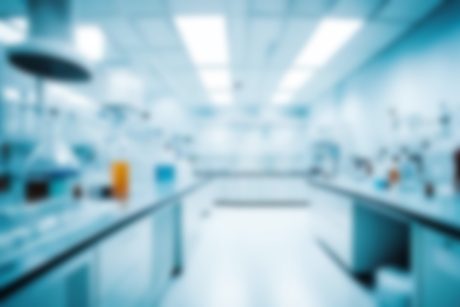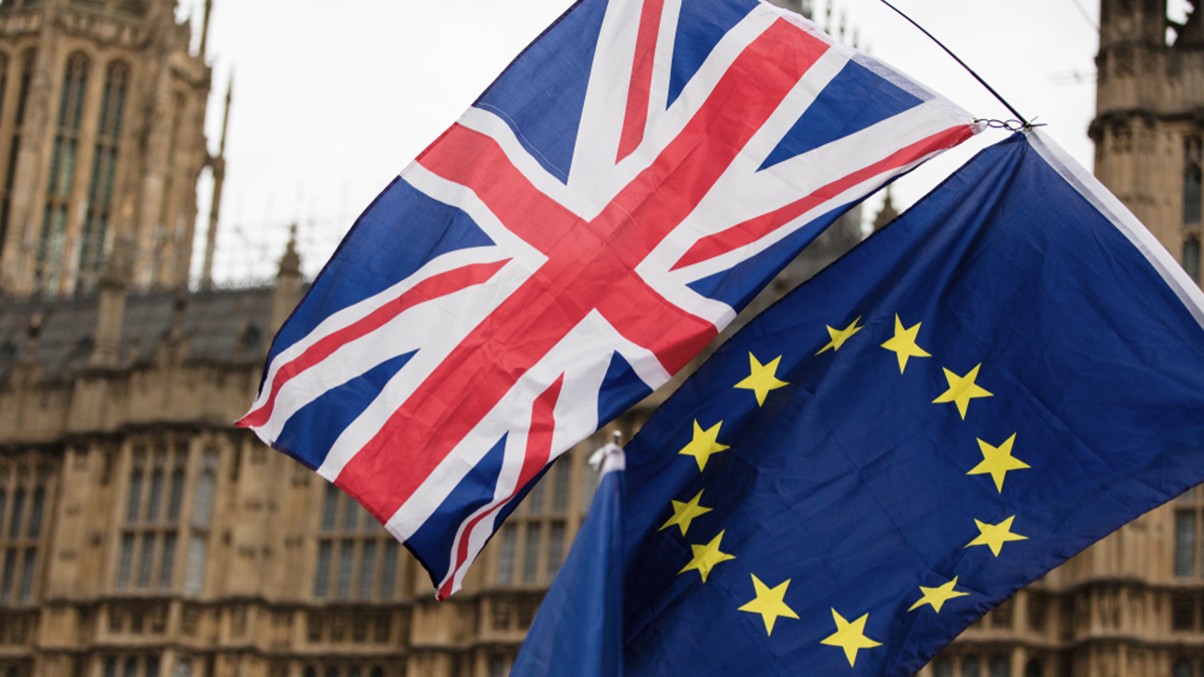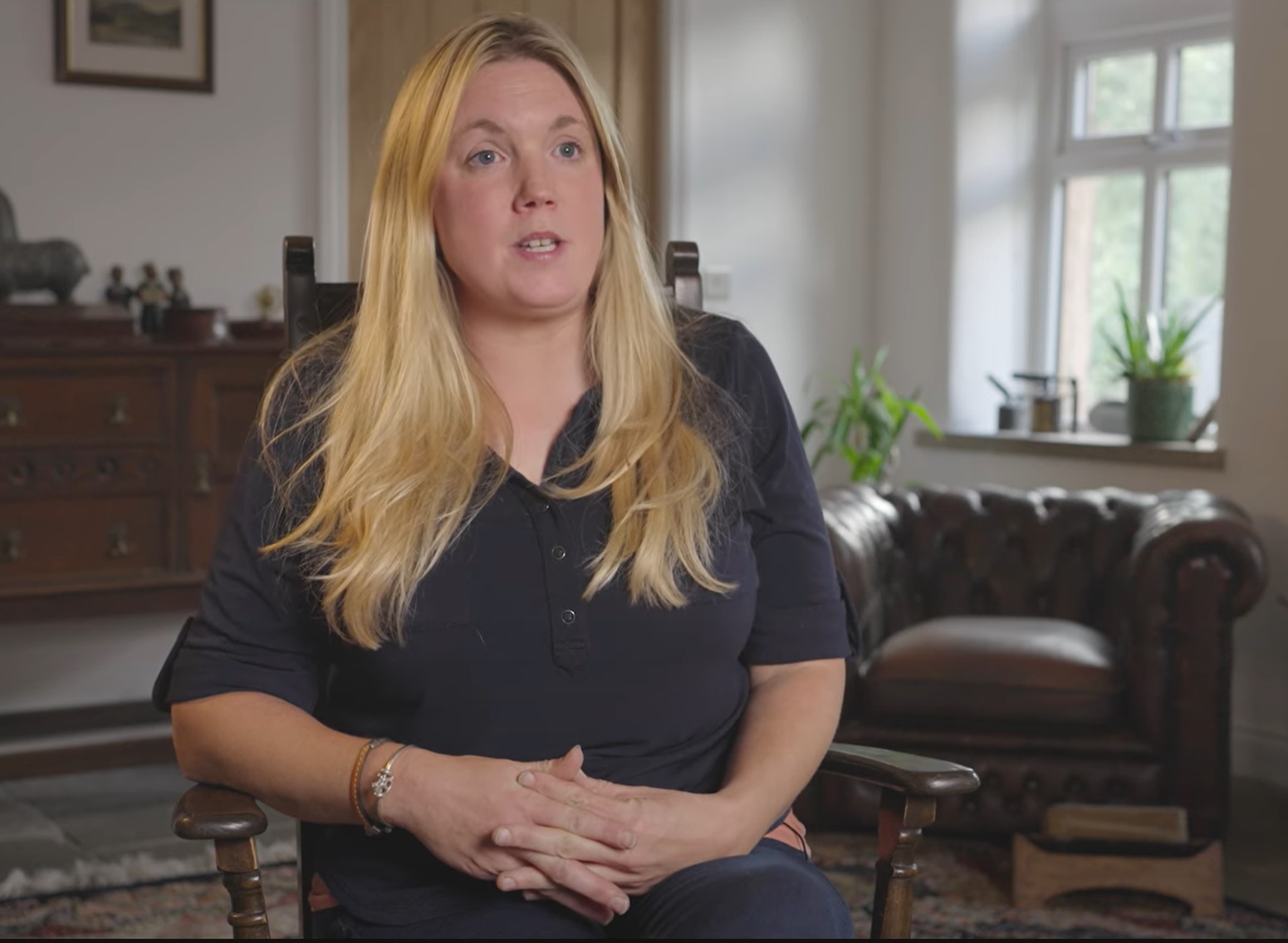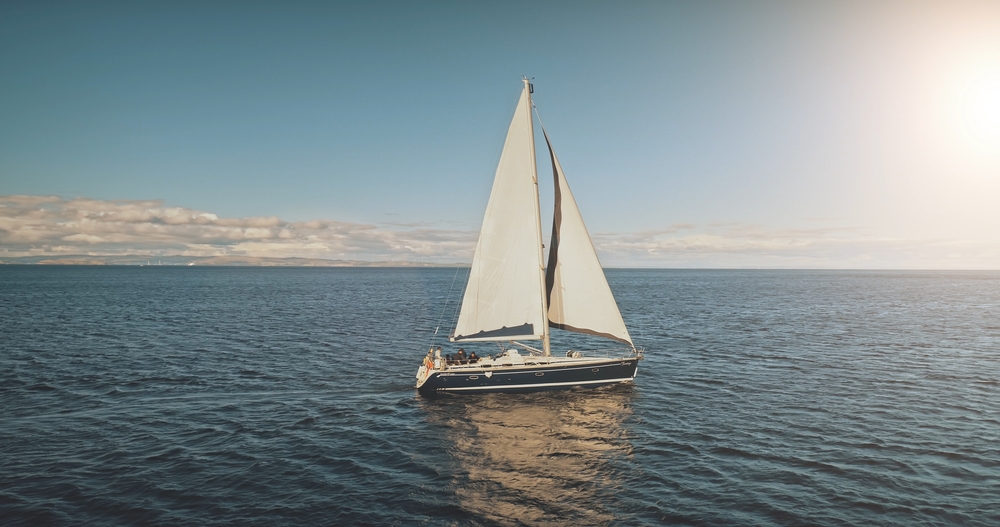Stewarts’ client, Dr Ekins-Coward, was advised by International Injury partner Scott Rigby working with US counsel Danko Meredith and Harrison L. Kiehm.
Dr Ekins-Coward, an academic researcher, was seriously injured when her laboratory experiment exploded on 16 March 2016.
She had been invited to visit the university as a post-doctoral fellow and receive training and instruction designed to further her knowledge CO2 fixation of hydrogen-oxidizing bacteria for the creation of products such as bioplastics.
As a result of the explosion, Dr Ekins-Coward sustained serious injuries, including the loss of her right, dominant arm above her elbow, abrasions to her cornea and burns on her face. The University of Hawaii, which sponsored Dr Ekins-Coward’s research, denied liability for the accident.
US workers’ compensation status
The university initially claimed that as Dr Ekins-Coward’s employer, her claims against it were barred by US workers’ compensation statutes.
In the US, workers’ compensation statutes generally establish a no-fault system where employers are responsible for the costs associated with work-related injuries and illnesses, regardless of fault. These laws aim to eliminate the need for litigation and common law remedies by providing employees with benefits such as wage replacement, medical expenses and compensation for permanent impairments or death.
However, the amount of compensation available under the workers’ compensation statutes is limited and would have been woefully inadequate to compensate Dr Ekins-Coward for the injuries and losses she sustained.
Dr Ekins-Coward’s case
After a lengthy battle, we obtained a ruling that Dr Ekins-Coward was not the university’s employee. Although the university had paid her a stipend and provided her with certain, albeit limited, benefits she was required to sign documents confirming she was not an employee.
The University of Hawaii then blamed our client for using inappropriate and unsafe equipment during the experiment. However, we were able to demonstrate that the university had approved the equipment used and that it should have provided our client with better training on the safety measures that should be taken when working with explosive gases.
The settlement achieved will provide Dr Ekins-Coward and her family with financial security. This will also enable her to purchase aids and equipment to improve the quality of her life.
Furthermore, as a result of the investigation into our client’s accident, universities across the US have changed their laboratory safety practices so that other researchers should not suffer similar injuries in the future.
Comments
Scott Rigby said: “It has taken such a long time to conclude Thea’s claim, but the battle was certainly worth it. I am delighted for her and her family, who can hopefully now move on and rebuild their lives from the devastating consequences of the accident.”
Dr Ekins-Coward says, “The past nine years has been gruelling; however I am extremely grateful for the support of Scott Rigby from Stewarts. He provided a harbour in the mist of the storm. We are of course also grateful to Mike Danko from Danko Meredith. This was an extremely complex international case that would not have been possible without the collaboration between Stewarts and Danko Meredith. After nearly a decade I look forward to moving forward and focusing on my family.”
You can find further information regarding our expertise, experience and team on our International Injury page.
If you require assistance from our team, please contact us.
Subscribe – In order to receive our news straight to your inbox, subscribe here. Our newsletters are sent no more than once a month.






